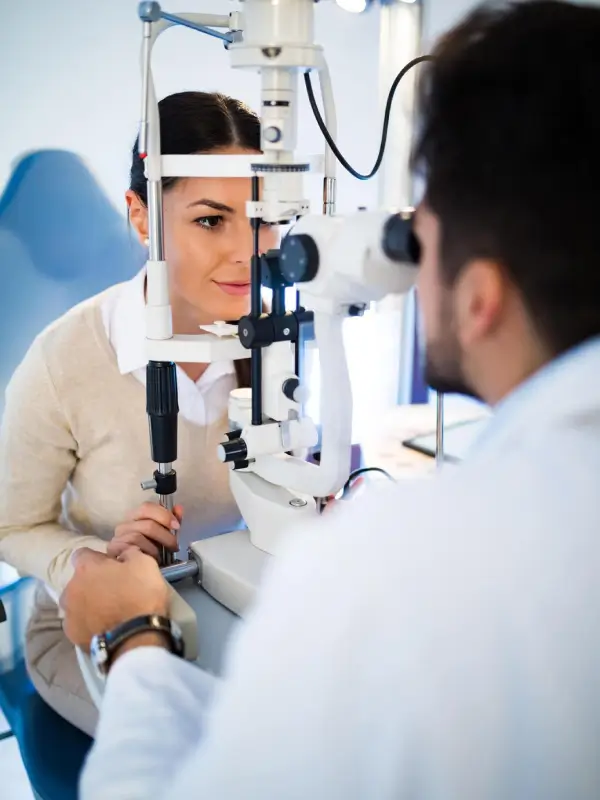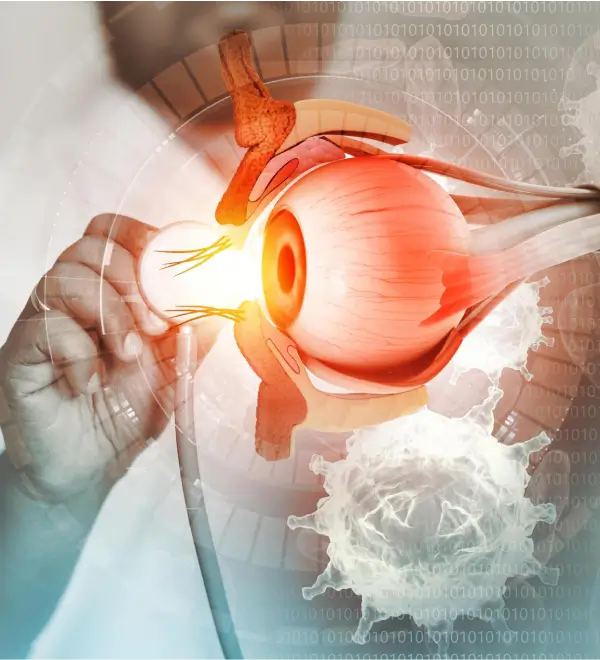Ophthalmology
Ophthalmology

Department of Ophthalmology
The Department of Ophthalmology at Indotaj Medical Center in Tajikistan offers advanced eye treatment services using cutting-edge technology and state-of-the-art equipment. We are committed to providing top-tier medical and surgical care for complex eye conditions involving the retina and cornea, making us a trusted name across Tajikistan.
Our department specializes in a wide range of eye treatments, including care for corneal and external eye diseases, glaucoma management, refractive surgeries like LASIK, and cataract procedures. We also handle ophthalmic oncology, diabetic retinopathy, age-related macular degeneration, Neuro-ophthalmology, Strabismus, Uveitis, and ocular immunological disorders.
Backed by an expert team of ophthalmologists, we offer highly specialized treatment for ocular cancers such as melanomas and retinoblastomas, reinforcing our position as a leading eye care provider in the region.
Treatments
Cataracts
Corneal Abrasion
Dacryocystectomy
Vitrectomy
Glaucoma Surgery
Orbitotomy
Probing under G.A
Squint Eye
Dacryocystorhinostomy (DCR)
VR Surgery
Our Team of Medical Experts

Dr. Shrutika Desale
Ophthalmologist
Frequently asked questions
Fill the form and our team will get back to you within 24 hours



